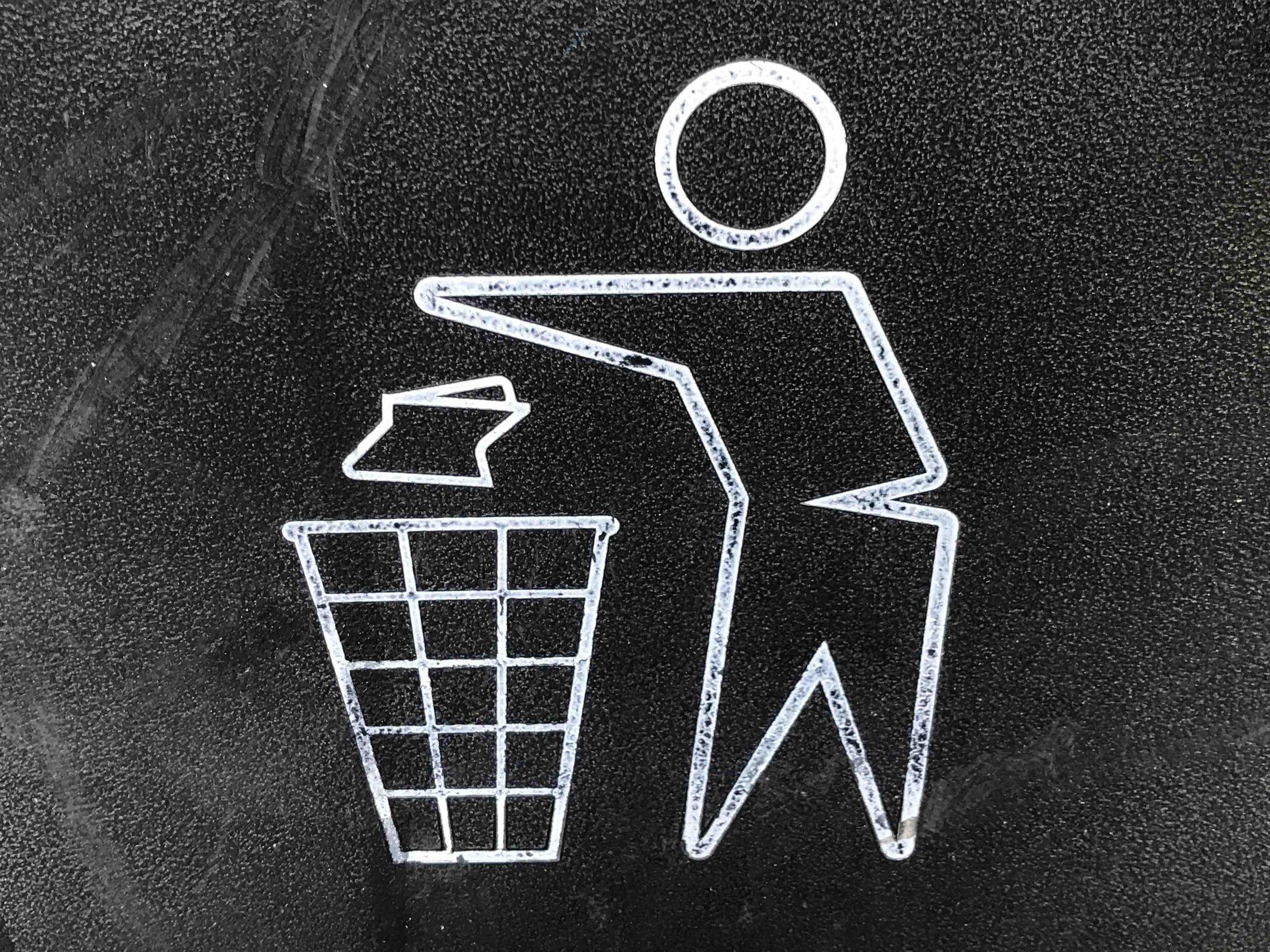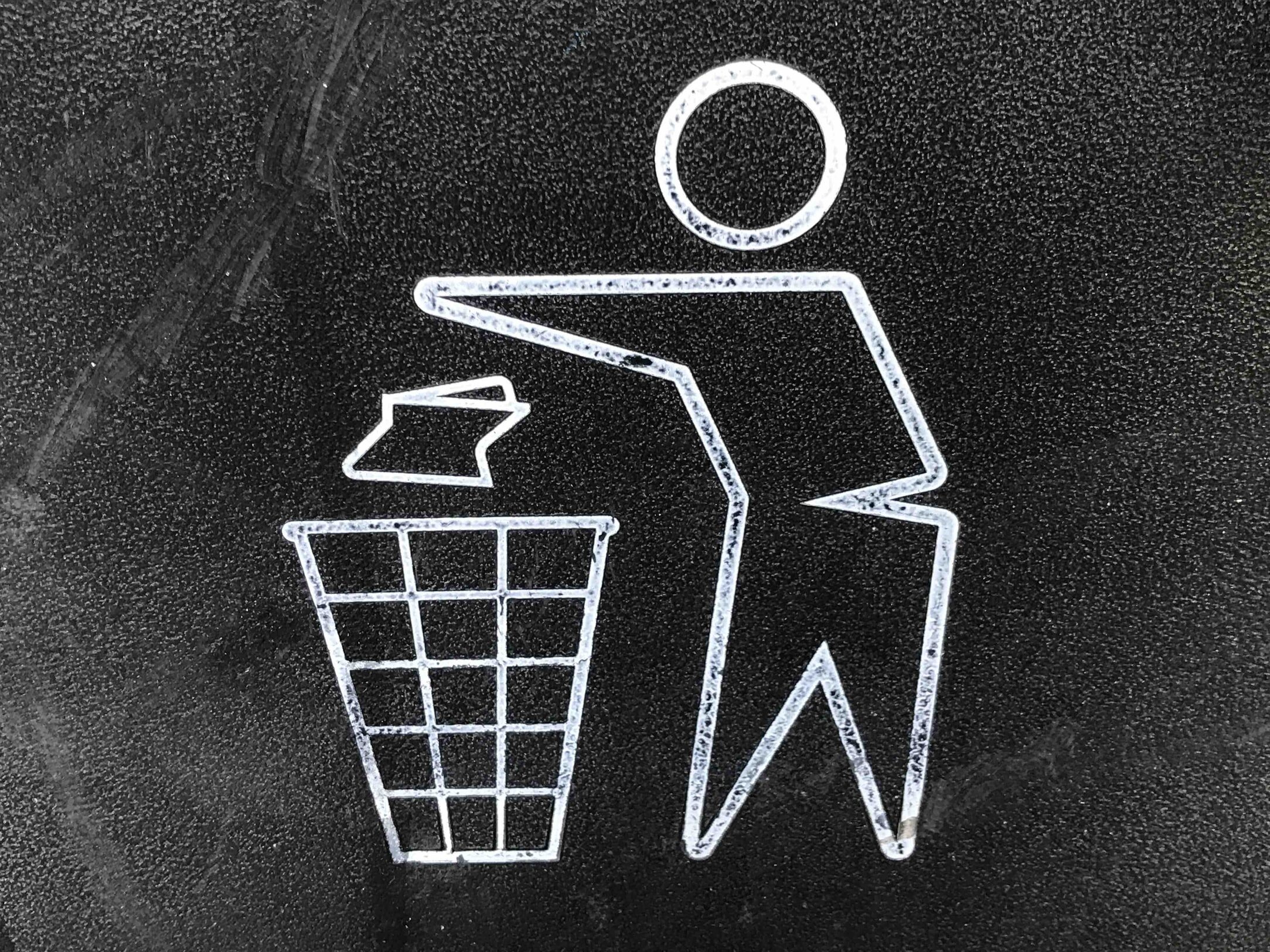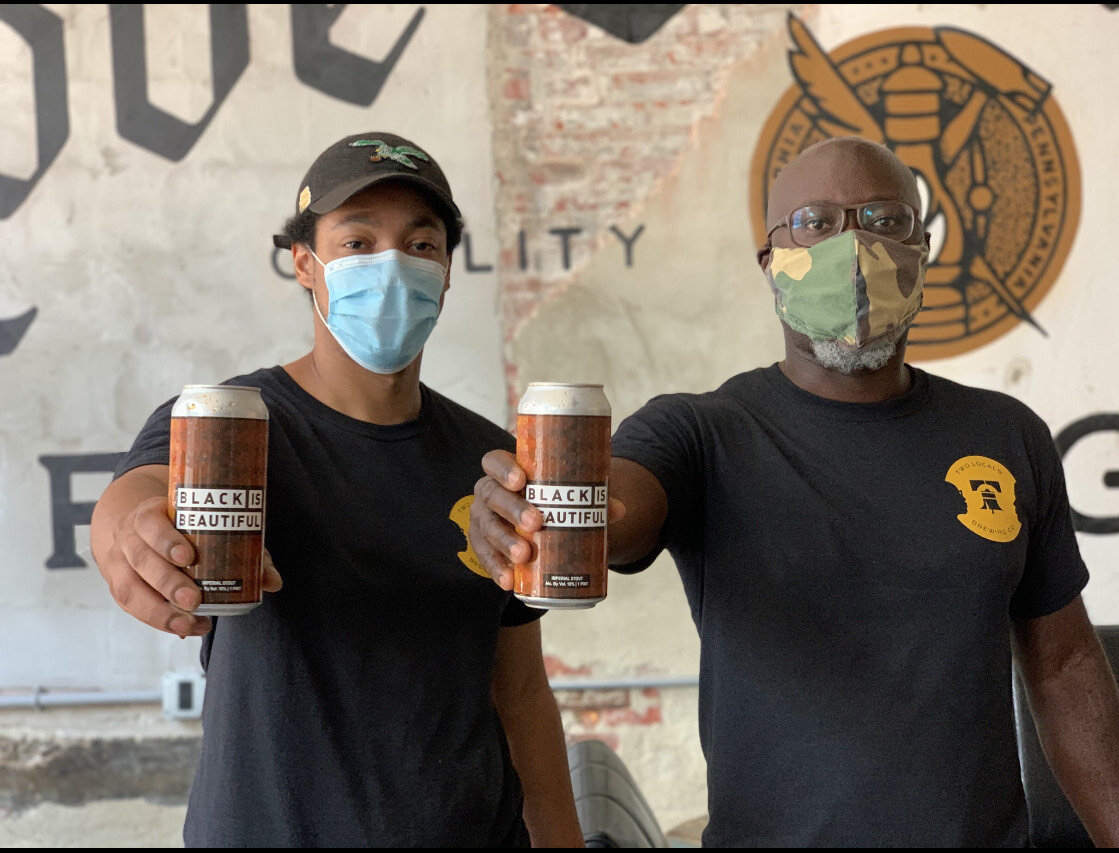Photograph courtesy of Unsplash.com
By Nicolas Esposito
Our City Sanitation system is broken. It was broken before Covid-19 and the cracks are now beginning to give way to a full breakdown of the system due to the pandemic as both trash and recycling pickups are consistently delayed.
The reason my former office, the City’s Zero Waste and Litter office, was created in 2016 was because we needed to reduce waste in the City, but also because obvious problems existed in the Sanitation department. So it’s frustrating that one of the primary excuses the Streets Department provided in this statement and Commissioner William’s op-ed is a major increase in residential waste now that people have been staying home during Covid-19.
This statement represents the perpetual mistake that the Streets Department and many private and public sector service providers make. Rather than take a hard look at the failings of the system, they blame users for the breakdown of the system.
This misplaced blame usually causes a boomerang effect where disgruntled residents then take to social media to blame the department with criticism that is rarely constructive and usually is just more fuel for the blame game, resulting in nothing being done. Take a scroll through your social media feed with a search for Philly Sanitation and my point is proven.
However, I was quite impressed with a recent petition that I saw on Change.org calling for systemic change to Streets Department services. It called for the city to “Provide increased compensation or benefits for sanitation workers. Their service is essential, and the city’s appreciation should be meaningful and tangible”—something I think is key to change and progress.
Just as the residents are frustrated by a broken system, the sanitation workers are also users and victims of that broken system.
In this light, the tone-deafness of the Streets Department’s statement in pointing out that Covid-19 is affecting the attendance of sanitation workers seems unacceptable.
Sanitation has always been one of the dirtiest and most dangerous jobs in City government. Months ago the Sanitation Laborers Union rallied behind workers to ensure that they are protected with the right PPE to do their jobs during the pandemic, which resulted in workers being suspended for attending the rally and as the Union continues to argue, still not enough PPE for their workers.
Sanitation workers are also some of the most underpaid workers in City government. Given the fact that a majority of these workers are people of color, there needs to be a major overhaul of how Sanitation workers are treated and Philadelphians need to support that long term goal if they want cleaner streets.
While this is a long term goal that’s not going to be solved overnight another proposal of the petition that could be solved overnight is the ability for the Streets Department to better use technology to improve and adjust trash and recycling collection routes in real time as needed through challenges like weather, staffing, increased tonnages and other factors.
Take for instance the petitioner’s request, which has been a constant request by residents and activists, to improve the City’s use of technology to do collections. Each morning Sanitation workers muster at their Sanitation yards and are assigned their routes based off of paper spreadsheets on clipboards and maps that remain static until there is a much slower data change made by GIS staff downtown and put out to the field. In this system, it can take weeks if not months to respond to collections changes due to weather, increased tonnage, road construction or staffing.
What’s needed to fix this system is a smart-routing system where onboard GPS can be connected to real time routing technology so routes can be created in real time and adapted to meet the current staffing needs and external challenges of Sanitation collections in a given district that very morning.
While I commend the author of the petition for tapping into some very key points for sanitation improvements, this situation will not actually improve until Streets Department leadership makes the necessary investments in technology and systems improvements to fully reassess the system of how we pick up trash and litter in Philadelphia.
Unlike Councilman O’Niell’s misguided suggestion that we privatize parts of our collection, the private sector help we really need is for the City to contract waste management experts to fully reimagine how our trash is set out, collected and processed. As I found out during my time in Government, these changes are hard to make from the inside and sometimes need help from the outside to make it happen. These technologies and systems are not some futuristic wish. Many municipalities across the world have access to these technologies and systems that are provided by dozens of companies.
Just before Covid-19 hit and my position was eliminated, I know these conversations of smart routing technology were taking place. I also know that there are some extremely smart people in Streets Operations, Streets GIS and the Office of Innovation and Technology that can set up this system, find the right contract and make sure that this program is evaluated so it can be effective.
To be effective, these changes need to be co-created and integrated with the help of the workers so that they see that this is an investment in their work rather than a punitive monitoring tool. When GPS was first introduced to trucks just so Sanitation Operations could see where the trucks were, the workers didn’t buy in because they saw this solely as surveillance.
Taking a step back and look at this from a social justice and behavioral science lens, it’s not unthinkable that sanitation workers would be uneasy with surveillance. Civil Service rules about clocking in and how far a worker can stray from your district or even trash route to get something as simple as lunch are real. As I said in the beginning of this piece, what struck me so much about this petition to improve sanitation services was that it advocated for improvements to the system but also for the workers in that system.
While these technology improvements can be made with the signing of a contract today, Philadelphians also need to support our Sanitation workers so that not just their tool box, but also their livelihoods, can be brought into the 21st century.










Phenomenal and invaluable insight. This highlights the issue with implementing any new technology: there must be buy-in from stakeholders at every level, including (and especially) the employees who will be using those systems every day. Our sanitation workers deserve to be treated and compensated with dignity.